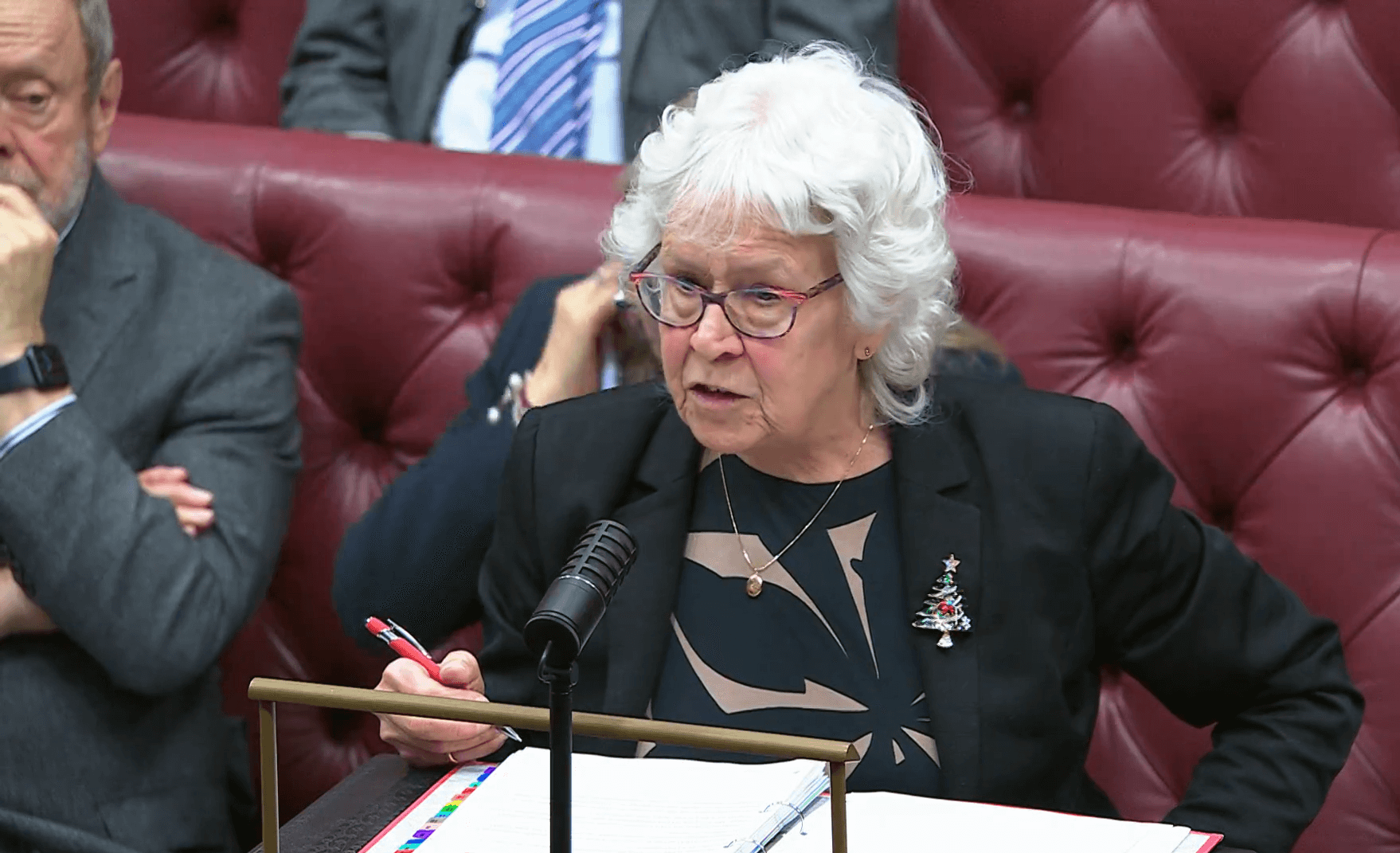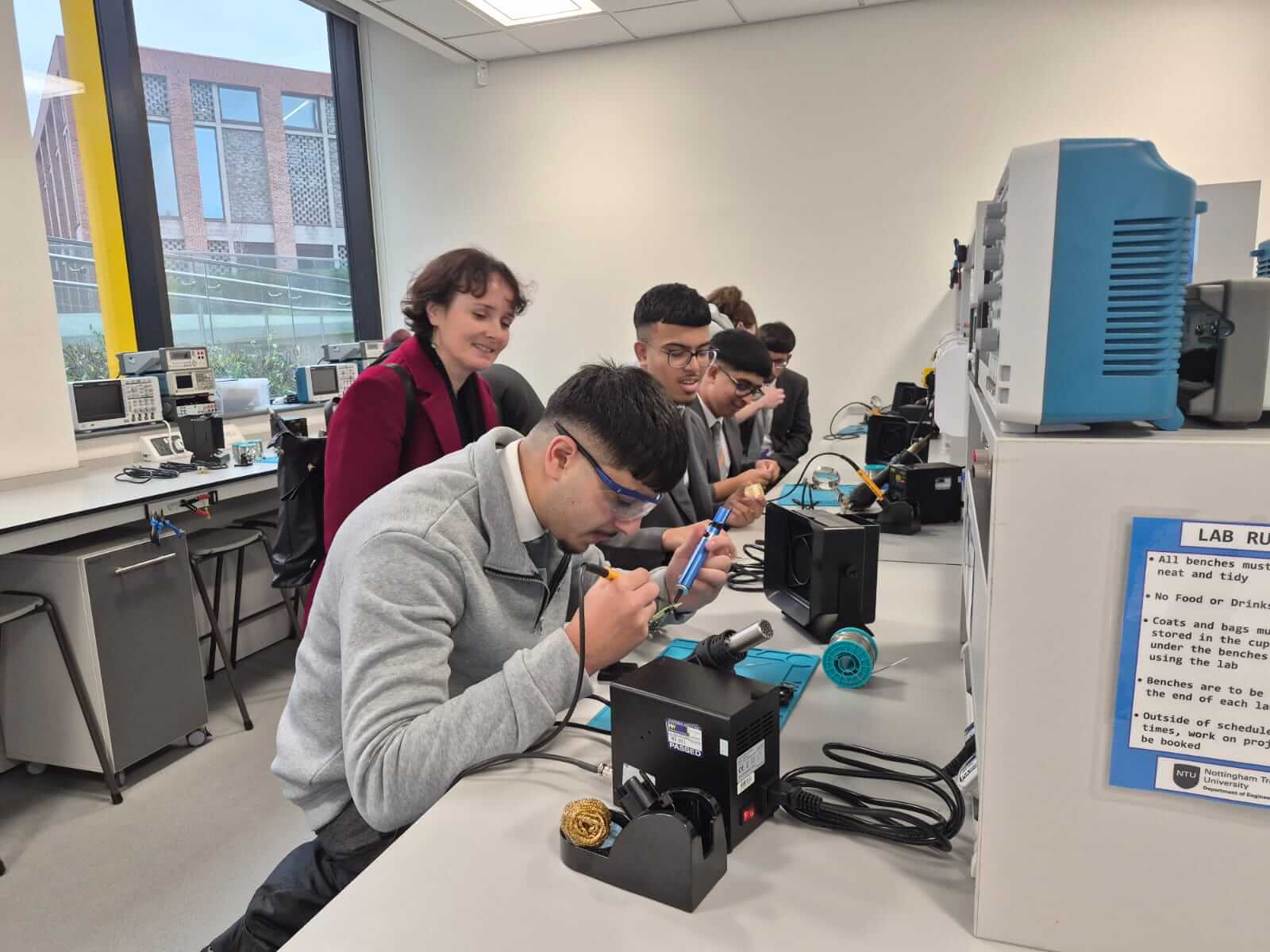University Technical College Norfolk (UTCN) is utilising audio chatbots to provide students with realistic and on-demand interview practice, ensuring they are confident and articulate when seeking internships and work placements. The UTC’s head of learning Tom Southerden, who leads on AI for the school’s multi-academy trust, has written how this works.
I still recall my first (and only) practice interview: 15 minutes with a careers advisor asking generic questions. My next interview was for a dream job as an audio engineer at a local recording studio and radio station, and I couldn’t have felt less prepared. It took many years and many real-world interviews to develop and refine my own technique. Today, with AI tools exploding onto the scene, the opportunity for students to prepare for these crucial conversations in a low-stakes, low-pressure environment is more accessible than ever, so UTCN is seizing that opportunity.
Our journey into AI-powered interview coaching began during a data collection exercise with our T Level lab science students. I immediately noticed that a lack of experience created consistent barriers in their interview technique. Recognising that strong interview performance is crucial for securing valuable industry experience, we sought a solution that was both scalable and effective, moving beyond the limitations of traditional resource-intensive mock interviews.
We have made significant changes to our T Level curriculum to embed AI training. Initially, we introduced students to an AI transcription and summary tool (Fireflies). This allowed students to review their answers post-interview and enabled teachers to provide targeted coaching. By inputting these transcriptions into an AI model, students could then generate follow-up questions or receive support to refine their responses.
Our initial experiments with generative AI such as Gemini Live, using powerful prompts to create an interviewer persona, were revolutionary. However, we sought a more tailored solution, which we found in the AI coaching platform, Tough Tongue AI.
This is a sophisticated AI coaching agent designed specifically for this purpose. The platform allows us to create highly customised interview scenarios. We define the AI agent’s role, from its professional tone to its specific line of questioning. We then provide the AI with crucial context by uploading documents or linking to a company’s website, ensuring the mock interview is directly relevant to the placement the student is targeting.
The platform simulates a virtual interview with the student. It uses the device’s microphone and camera to analyse not just what students say, but how they say it — evaluating their tone of voice, clarity, and even non-verbal cues. This creates a safe, low-stakes environment where students can stumble, pause, and refine their answers without the pressure of a real interview. The key is providing a space for practice without judgment, allowing students to build their confidence.
After the conversation ends, students receive an instant, detailed debrief that includes a full transcript and a performance evaluation against pre-set criteria. It provides specific, actionable targets for improvement and even includes a follow-up chatbot where students can ask for more insight, seek clarification on feedback, and drill down into specific areas, truly personalising their development journey.
My plan going forward is to engage with UTCN’s Industry Liaison Group to build custom chatbots based on interview questions they provide and with custom context based on the company. This will mean that our students can practice interviewing for companies with which they are likely to engage.
What students say…
“I really valued the instant feedback from the chatbot. It helped me to identify where my answers were weak and gave me the chance to improve them on the spot. It’s like having a personal interview coach available 24/7.”
- Tegan, T Level science student
“Before using the chatbot, I wasn’t sure how to structure my answers to competency questions. The examples and practice sessions have taught me how to talk about my skills and experiences in a much more professional way. I just secured a fantastic work placement, and I know the practice I did with the chatbot made all the difference.”
- Jack, T Level science student
This article was first published in The Blueprint– Baker Dearing’s newsletter for educators and employers. Subscribe to The Blueprint via LinkedIn:
Featured image by James Grills (Creative Commons Attribution-ShareAlike 4.0 International)




